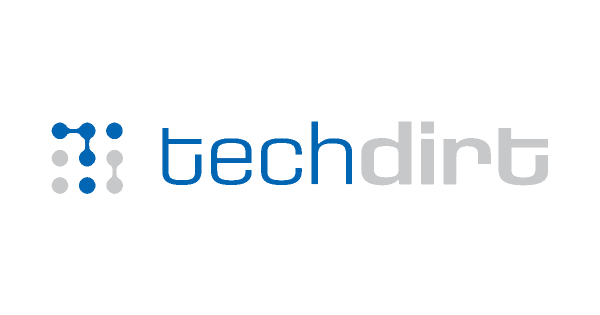As far back as 2017, Techdirt was warning that robot vacuum cleaners represented a threat to privacy. In that instance, it concerned the possibility that iRobot, makers of the robot vacuum Roomba, might sell the data that its device collected about the size and layout of a home. Five years later, it was becoming clear that a new danger was emerging because robot vacuums were starting to incorporate cameras. These are the kind of images a system could gather, as reported by MIT Technology Review in 2022:
The photos vary in type and in sensitivity. The most intimate image we saw was the series of video stills featuring the young woman on the toilet, her face blocked in the lead image but unobscured in the grainy scroll of shots below. In another image, a boy who appears to be eight or nine years old, and whose face is clearly visible, is sprawled on his stomach across a hallway floor. A triangular flop of hair spills across his forehead as he stares, with apparent amusement, at the object recording him from just below eye level.
At that point, the images were taken by a development version, not a consumer product. They were then sent to Scale AI, a startup that used contract workers to label data for companies like iRobot. But the MIT Technology Review article presciently noted:Ultimately, though, this set of images represents something bigger than any one individual company’s actions. They speak to the widespread, and growing, practice of sharing potentially sensitive data to train algorithms

As far back as 2017, Techdirt was warning that robot vacuum cleaners represented a threat to privacy. In that instance, it concerned the possibility that iRobot, makers of the robot vacuum Roomba, …Techdirt